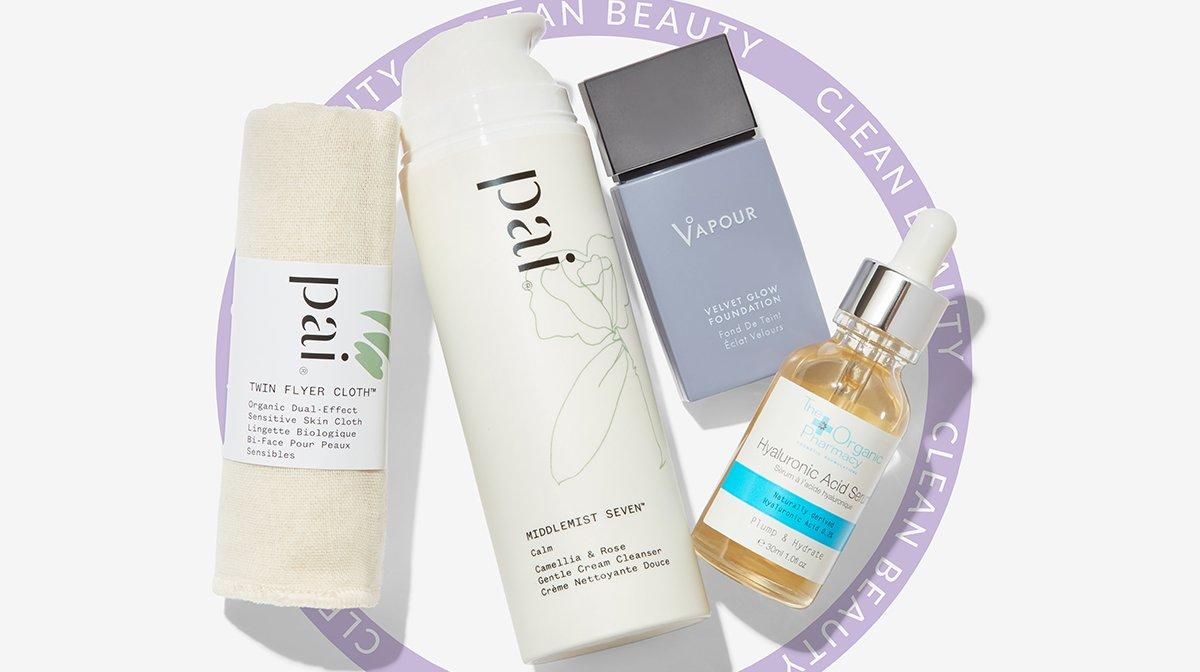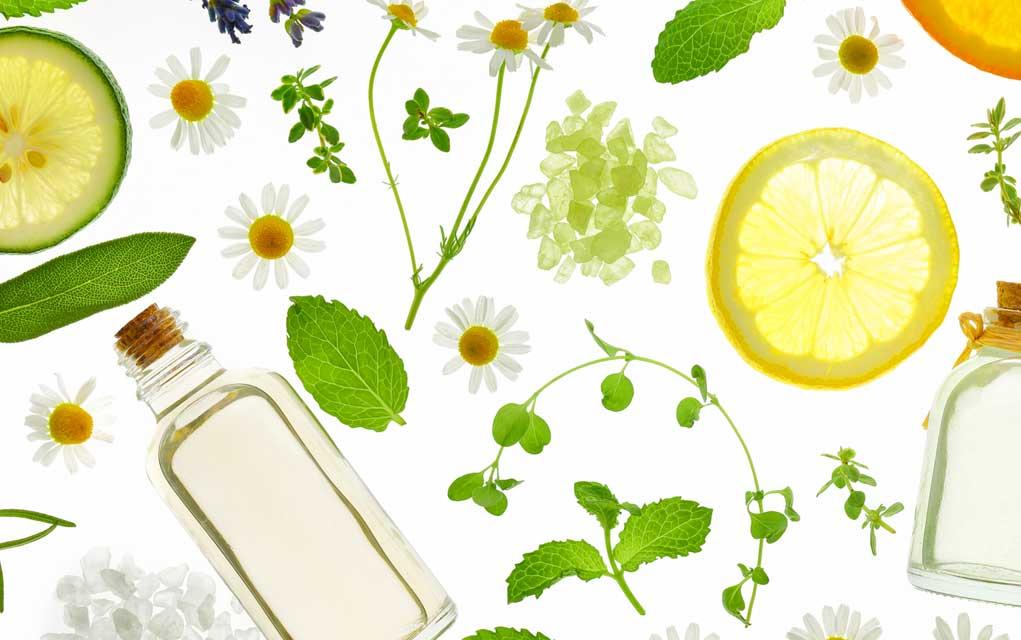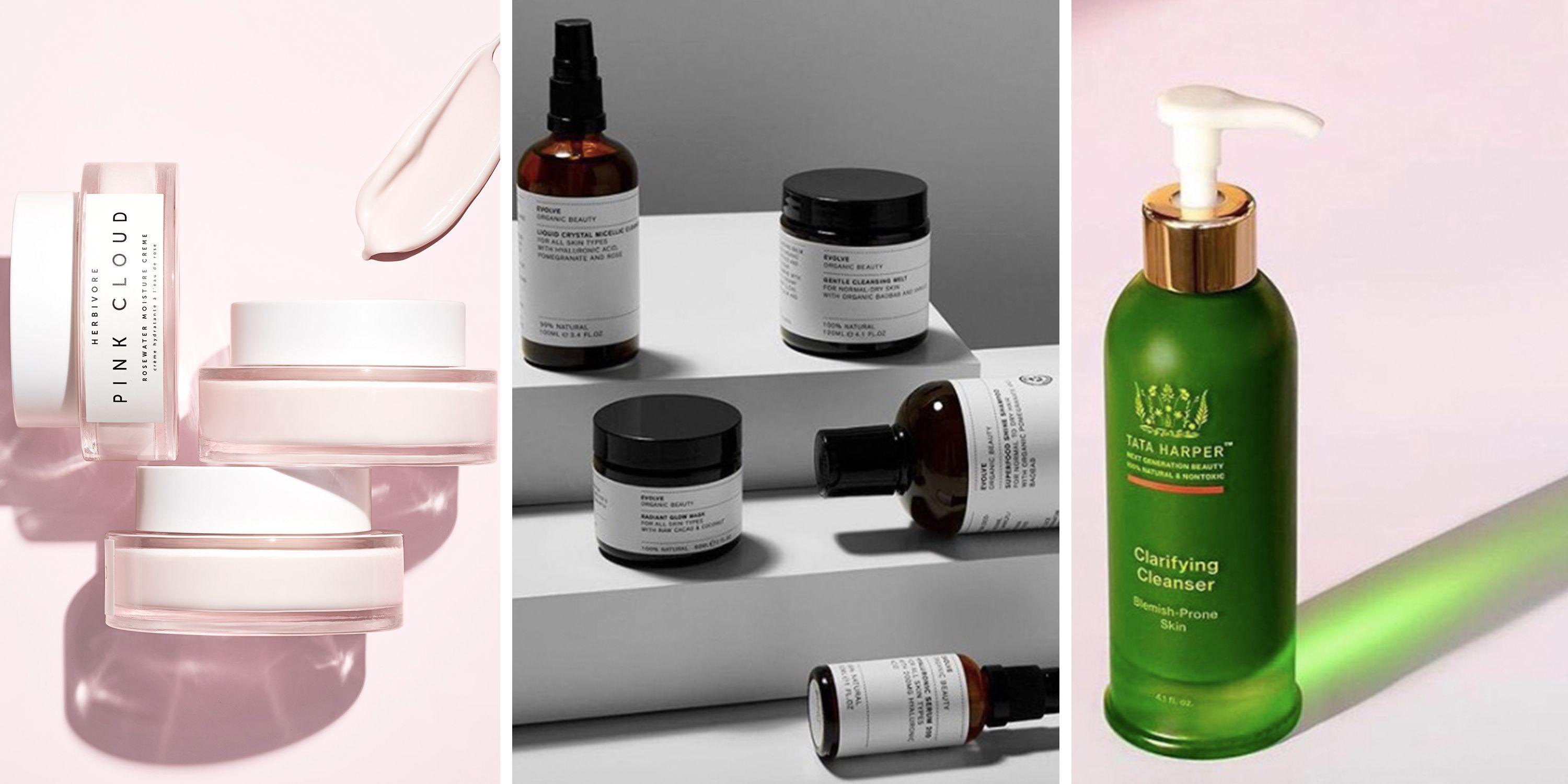In the ever-evolving world of beauty, where trends shift as swiftly as the seasons, one question continues to linger on the lips of consumers and experts alike: does organic truly mean better? As beauty enthusiasts become more conscientious about what they apply to their skin, the allure of organic products, promising purity and sustainability, has grown exponentially. Yet, amidst the verdant imagery and eco-friendly buzzwords, the reality of organic beauty remains a complex tapestry of science, marketing, and personal preference. This article embarks on a journey to unravel the truth behind the organic label in beauty products, exploring its implications, benefits, and limitations, while offering a balanced perspective on whether nature’s touch genuinely enhances our pursuit of beauty.
Understanding Organic Labels in Beauty Products
When scanning the ingredient list of your favorite beauty product, you may come across terms like “organic” and “natural.” But what do these labels actually signify? An organic label typically means that the product contains ingredients that are grown without the use of synthetic fertilizers, pesticides, or genetically modified organisms (GMOs). However, the term “organic” in the beauty industry can be somewhat elusive due to varying certification standards across different countries.
- USDA Organic: In the United States, products labeled as USDA Organic must contain at least 95% organic ingredients, with the remaining 5% being from an approved list of non-organic substances.
- EcoCert: This European certification requires at least 95% of the plant-based ingredients to be organic and at least 10% of the total product by weight to be organic.
- Soil Association: A UK-based certification that requires a minimum of 70% organic ingredients for a product to be labeled as organic.
While these labels can guide consumers toward more environmentally friendly choices, it’s crucial to recognize that organic doesn’t necessarily mean better for everyone. The effectiveness of a beauty product often depends on individual skin types and personal preferences. Therefore, understanding these labels can empower consumers to make informed decisions aligned with their values and needs.

Exploring the Benefits and Drawbacks of Organic Ingredients
When it comes to beauty products, the allure of organic ingredients often captivates consumers seeking healthier alternatives. Organic ingredients are typically grown without synthetic pesticides, fertilizers, and genetically modified organisms, which can be a significant draw for those concerned about environmental impact and chemical exposure. Some potential benefits of using organic ingredients in beauty products include:
- Reduced chemical exposure: Organic products may have fewer harsh chemicals, potentially reducing skin irritation and sensitivity.
- Eco-friendly practices: The cultivation of organic ingredients often supports sustainable agriculture and biodiversity.
- Nutrient-rich formulas: Organic ingredients might retain more of their natural nutrients, which could enhance the product’s effectiveness.
However, it’s essential to consider the potential drawbacks as well. Organic ingredients can sometimes be less stable than their synthetic counterparts, leading to shorter shelf lives and potential efficacy issues. Additionally, the cost of organic beauty products can be higher due to more expensive farming practices and certification processes. Ultimately, the choice between organic and conventional ingredients in beauty products depends on individual priorities, such as ethical considerations, budget constraints, and personal skin needs.

Evaluating the Impact of Organic Certification on Product Efficacy
When it comes to beauty products, the allure of organic certification often conjures images of purer, more effective solutions. But does this green seal of approval truly translate to superior efficacy? Organic certification primarily ensures that the ingredients used in a product are grown without synthetic fertilizers, pesticides, or genetically modified organisms. While this can be a boon for those with sensitive skin or allergies, it doesn’t inherently guarantee enhanced performance in addressing skincare concerns such as acne, aging, or hydration.
In evaluating the effectiveness of organic beauty products, it’s crucial to consider a few key factors:
- Ingredient Potency: Are the organic ingredients potent enough to deliver the promised results?
- Formulation Synergy: Do the natural components work harmoniously together, or is something lost without synthetic stabilizers?
- User Experience: How do these products feel on the skin, and what is the feedback from long-term users?
Ultimately, while organic certification can be an indicator of product purity, it’s not a definitive measure of effectiveness. Consumers are encouraged to look beyond the label, considering their individual needs and conducting thorough research to find the best fit for their beauty regimen.

Making Informed Choices: Tips for Selecting Organic Beauty Products
When venturing into the world of organic beauty products, making informed choices is key to ensuring that your selections are truly beneficial. Here are some essential tips to help guide your decisions:
- Read Labels Carefully: Not all products labeled as “organic” are created equal. Look for certifications from reputable organizations, such as USDA Organic or Ecocert, to ensure authenticity.
- Understand Ingredient Lists: Familiarize yourself with common organic ingredients and their benefits. Ingredients like aloe vera, chamomile, and shea butter are known for their nourishing properties.
- Research Brands: Investigate the brand’s commitment to sustainability and ethical sourcing. Brands that prioritize transparency in their supply chain are more likely to deliver quality organic products.
- Consider Your Skin Type: Organic doesn’t automatically mean suitable for all skin types. Ensure that the product aligns with your specific skin needs, whether it be hydration, anti-aging, or sensitivity.
By taking these steps, you can better navigate the organic beauty market and make choices that align with your values and skincare goals.






























